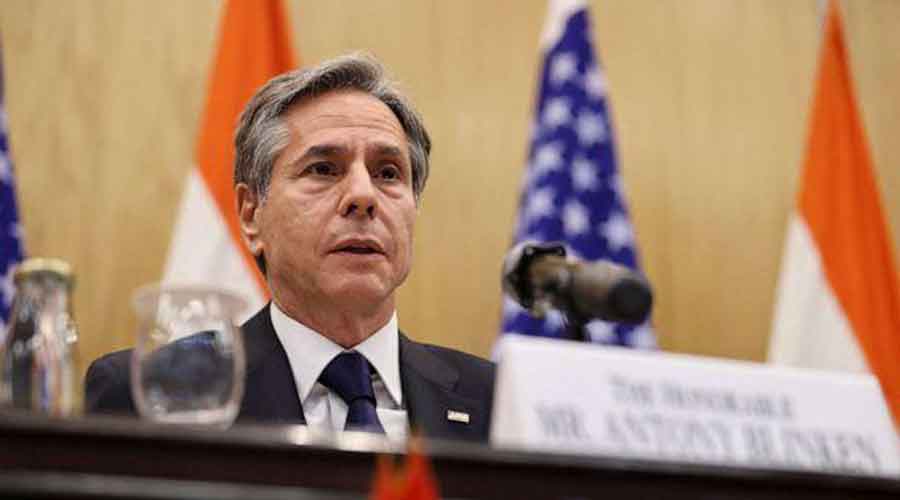The secretary of state of the United States of America, Antony Blinken, informed the US Congress that the Joe Biden administration is likely to review its ties with Pakistan. The reason for this reassessment, in Mr Blinken’s words, is Islamabad’s ‘duplicity’. Pakistan will not be able to brush off Mr Blinken’s charge. For years, the powers that be in Islamabad — or should that read Rawalpindi? — have been guilty of playing a dual, dangerous game: professing support for the US’s initiative against radicalized elements in the neighbourhood while serving as a covert patron of the very forces that the West sought to uproot. The evidence of Pakistan’s hypocrisy is substantial: it ranges from the ‘discovery’ of Osama bin Laden on its territory to tacit support to the Taliban that has resulted in Afghanistan falling to prey to them, once again. Yet, the question must be asked whether the invective, ‘duplicitous’, should be borne by Pakistan alone. This is because the US cannot deny that it was aware of Islamabad’s shadowy activities. Be it the blacklisting of Pakistan by the Financial Action Task Force for terror funding or New Delhi’s voluminous dossiers underlining the organic link between Islamabad and jihadi outfits — the evidence against Pakistan is damning. Yet, geostrategic imperatives forced the wise men in Washington to use Pakistan, a dubious ally at best, as an intermediary in its engagement in Afghanistan.
It is possible that the changing global order has forced the rethink. China, Russia and Pakistan have emerged as a triumvirate to influence developments in Afghanistan, forcing the US to look for other shoulders to fire from. India, obviously, is on Washington’s radar. While the US’s newfound scepticism is likely to please India’s mandarins — the prime minister is expected to visit the US to attend the Quad summit — New Delhi should choose to negotiate with Mr Biden from a position of strength. There is already concern that the US is keen on using Indian territory for ‘Over the Horizon’ security operations — a concession, if it is offered, would have to be based on a quid pro quo arrangement. New Delhi has robust ties with some of the new ‘influencers’ in Afghanistan — Moscow being an obvious example — and it must be circumspect about Washington’s overtures. Of course, the fluidity in Asia — the new theatre of the Great Game — would make New Delhi’s choices delicate. But that is a test that Indian diplomacy has been trained to pass.











